Clinical Imaging Science (CIS)
This program is especially designed for physicians who plan to train for radiology or nuclear medicine. However, it is also open to physicians from other departments who are scientifically or clinically interested in imaging science.
Besides the basic knowledge required for independent scientific work, current knowledge of modern imaging methods in nuclear medicine and radiology will be taught, including molecular imaging. Understanding of technical backgrounds, the ability to plan an independent and focused project, and the application of available methods and their post-processing are components of the three-year curriculum. In addition to the diagnostic applications of imaging techniques, their use in planning minimally-invasive-, interventional procedures is taught.
Upon completion of the program, the graduate should possess the following skills and knowledge:
– Independent application of the different imaging and molecular methods such as magnetic resonance imaging (MRI), computed tomography, ultrasound, digital radiography-/-fluoroscopy, positron emission tomography, or single-photon emission computed tomography. The full range of application, including that exceeding clinical practice, should be familiar. In the case of MRI, this includes structural imaging, imaging of movements, e.g., the heart in a macroscopic or diffusion-weighted imaging at a microscopic level, as well as MR spectroscopy or functional MRI.
– Independent utilization of post-processing methods for different modalities.
– Knowledge of imaging methods applicable for animal studies.
– Substantial knowledge about existent intravascular contrast agents and tracers.
CIS Students
CIS Faculty
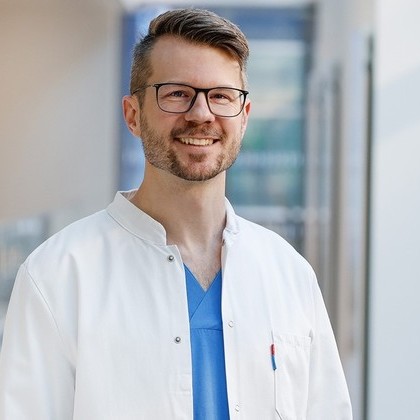
Priv.-Doz. Dr.med.univ. Leonhard Gruber PhD
Program Coordinator
Universitätsklinik für Radiologie
Tel.: +43 50 504 22761
Leonhard.Gruber@i-med.ac.at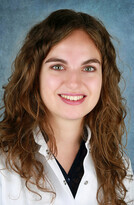
Priv.-Doz. Dr.med.univ. Stephanie Mangesius PhD
Program Coordinator
Universitätsklinik für Radiologie
Tel.: +43 50 504 22761
Stephanie.Mangesius@i-med.ac.at
Ass. Prof. Priv.-Doz. Dr.med. Astrid E. Grams
University Hospital for Radiology
Tel.: +43 512 504 27095
astrid.grams@i-med.ac.at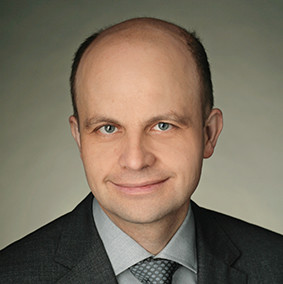
Assoz. Prof. Priv.-Doz. Dr.med. Bernhard Glodny
University Hospital for Radiology
Tel.: +43 512 504 22761
bernhard.glodny@i-med.ac.at
Priv.-Doz. Dr. Friedrich Aigner
University Hospital for Radiology
Tel: +43 50504 24021
friedrich.aigner@tirol-kliniken.at
Univ.-Prof. Dr. Reto Bale, FCIRSE
University Hospital for Radiology
Tel: +43 50504 22798
reto.bale@i-med.ac.at
Univ.-Prof. Dr. Elke R. Gizewski, MHBA
University Hospital for Radiology
Tel: +43 50504 22761
radiologie@i-med.ac.at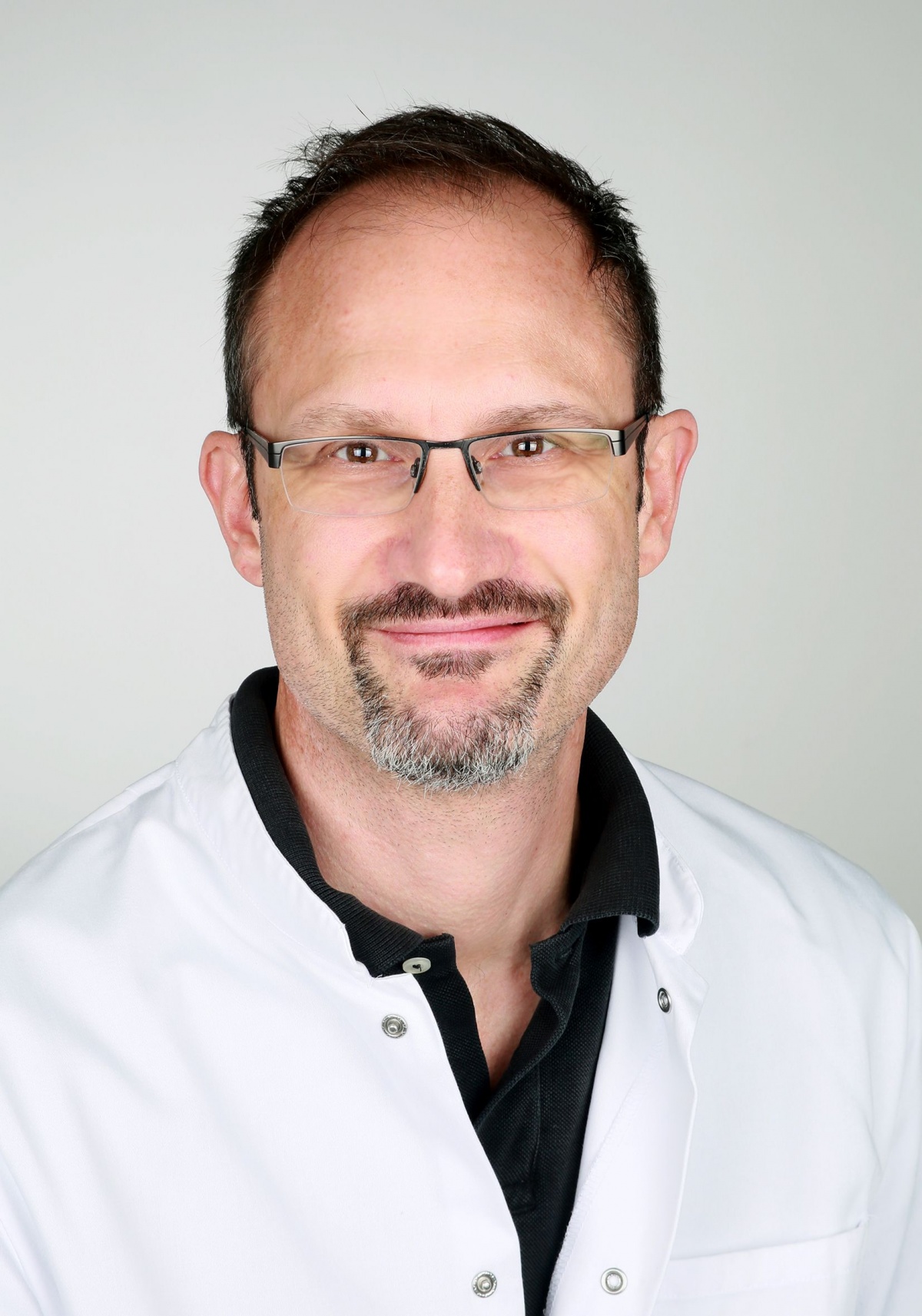
Univ.-Prof. Dr. Hannes Gruber
University Hospital for Radiology
Tel: +43 50504 22798
hannes.gruber@i-med.ac.at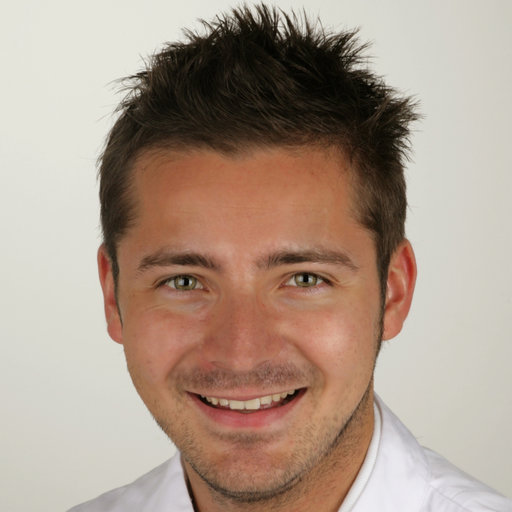
Priv.-Doz. Dr. Benjamin Henninger, MHBA, EDiR
University Hospital for Radiology
Tel: +43 50504 22798
benjamin.henninger@i-med.ac.at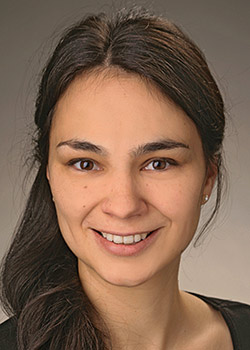
Assoz.-Prof. Dr. Agnes Mayr
University Hospital for Radiology
Tel: +43 50504 22798
a.mayr@i-med.ac.at
Priv.-Doz. Mag. Dr. Gerlig Widmann, EBIR
University Hospital for Radiology
Tel: +43 50504 24021
gerlig.widmann@i-med.ac.at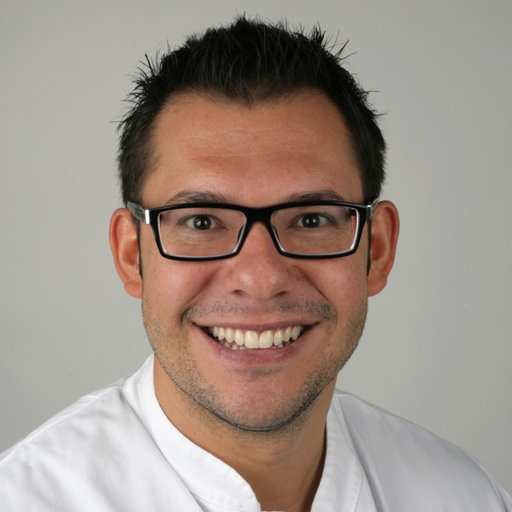
Assistenzprofessor Priv.-Doz. Dr.med.univ. Alexander Loizides
Universitätsklinik für Radiologie
Tel: +43 50 504 22761
E-Mail: Alexander.Loizides@i-med.ac.at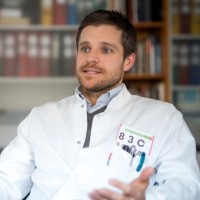
Assoz. Prof. Priv.-Doz. Dr.med.univ. Bernhard Steger
Universitätsklinik für Augenheilkunde und Optometrie
Tel1.: +43 50 504 23720
E-Mail: Bernhard.Steger@i-med.ac.at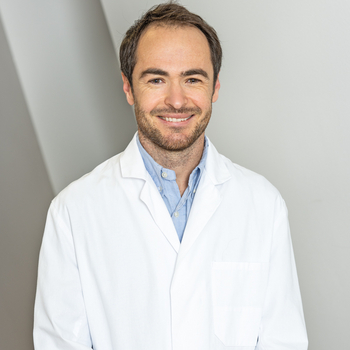
Priv.-Doz. Dr. med. univ. Claus Zehetner
Sennstraße 1
6020 Innsbruck
Tel. +43 512 2112 7210
augenzentrum@kettenbruecke.com
